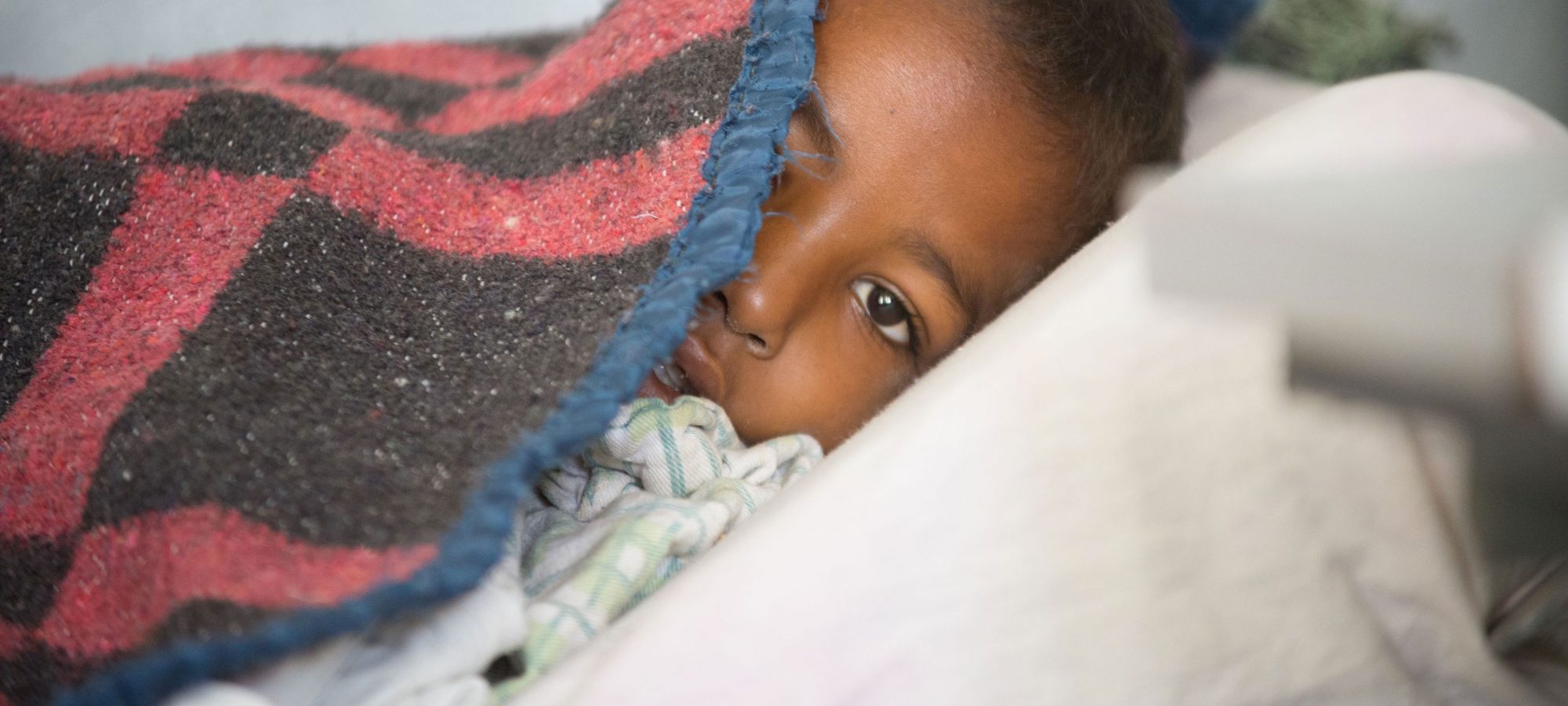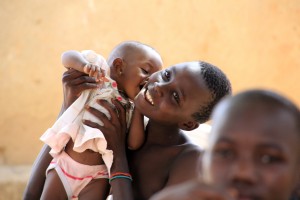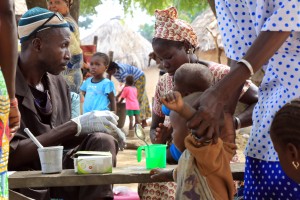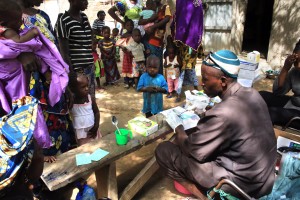 This World Malaria Day is a chance to shine a spotlight on a highly effective intervention that prevents malaria in children under five in the Sahel region of Sub-Saharan Africa – seasonal malaria chemoprevention or SMC. It is an intervention that is about to become even more successful with the introduction of a much more palatable version of the drug that is easier to give to children.
This World Malaria Day is a chance to shine a spotlight on a highly effective intervention that prevents malaria in children under five in the Sahel region of Sub-Saharan Africa – seasonal malaria chemoprevention or SMC. It is an intervention that is about to become even more successful with the introduction of a much more palatable version of the drug that is easier to give to children.
SMC – a World Health Organization recommended intervention – is an antimalarial medicine given to children each month for up to four months of the rainy season, when malaria incidence increases. It provides a high degree of protection, with about 90 percent efficacy and has the potential to reduce cases of malaria by 75 percent when used with other interventions, such as mosquito nets. Unfortunately, however, in its earlier form, hard SMC tablets had to be crushed and mixed with water, while the bitter taste was very unpleasant.
For the first time, during the most recent distribution of the drug, a new sweetened, dispersible formulation of SMC was used. Administering SMC, which used to take close to five minutes, now takes less than 30 seconds and caregivers can easily give children the sweetened medicine at home.
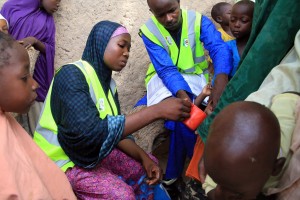 In 2012, only 3.4 percent of the 25 million children eligible for SMC were covered. After concentrated efforts from the UNITAID funded ACCESS-SMC project, led by Malaria Consortium in partnership with Catholic Relief Services, and other implementing partners and countries, more than 11.4 million children received SMC in 2016, close to 50 percent of the total number of those eligible.
In 2012, only 3.4 percent of the 25 million children eligible for SMC were covered. After concentrated efforts from the UNITAID funded ACCESS-SMC project, led by Malaria Consortium in partnership with Catholic Relief Services, and other implementing partners and countries, more than 11.4 million children received SMC in 2016, close to 50 percent of the total number of those eligible.
At a joint consultation meeting in Burkina Faso in February this year the feasibility, safety and effectiveness of SMC delivered at scale was proven through the evidence presented. National Malaria Control Programmes (NMCPs) from 12 different SMC eligible countries, key implementing partners, research institutions and others invested in SMC, discussed its future implementation.
Malaria Consortium, with continued funding from UNITAID, will resume its efforts to help NMCPs in Burkina Faso, Nigeria and Chad to administer SMC to four million children.
Studies have demonstrated that the average recurrent cost for a child to receive SMC each year is US $4.27, making this an inexpensive intervention. Although Sahelian governments are committed to eliminating malaria, financial support is still required from development partners.
Strong political will and financial commitment by donors, governments, the pharmaceutical industry and NGOs are essential to avoid the advancements made with SMC – both in health and in subsequent economic improvements – being lost and to ensure that all 25 million eligible children can be reached.
